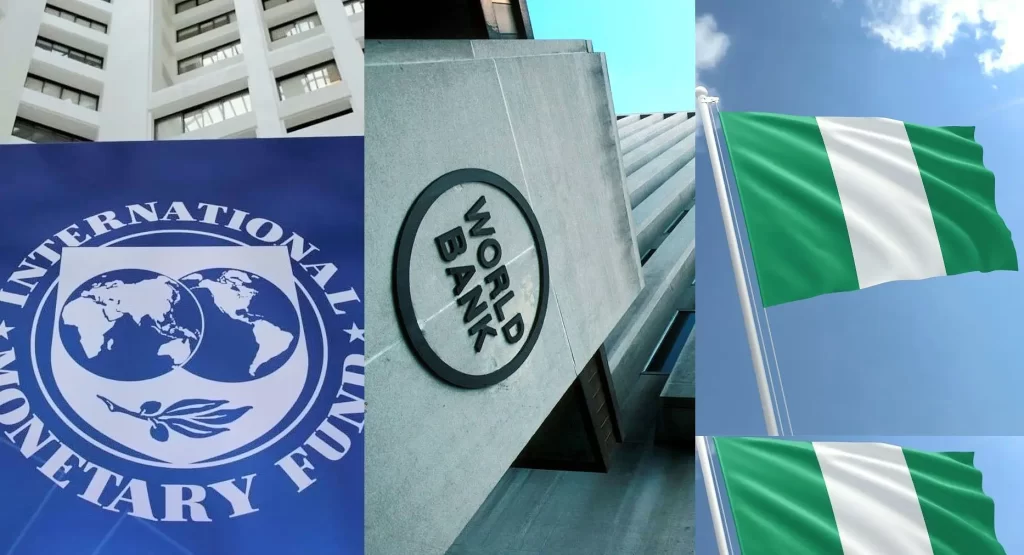The International Monetary Fund (IMF) has projected a sharp rebound in Nigeria’s inflation, forecasting a 37% headline rate in 2026, even as temporary relief is expected in 2025 with inflation averaging 26.5%.
This was disclosed in the IMF’s April 2025 World Economic Outlook (WEO), which highlights persistent economic fragility in Nigeria despite recent policy reforms.
The inflation forecast comes on the heels of a Consumer Price Index (CPI) rebasing by the National Bureau of Statistics (NBS), which saw inflation figures recalibrated to reflect more current consumption patterns.
The Fund noted that although inflation may ease this year from the 33.2% recorded in 2024, sustained price stability remains uncertain amid ongoing structural challenges and global volatility.
The IMF also revised Nigeria’s GDP growth forecast for 2025 downward to 3.0%, from an earlier estimate of 3.2%. Growth is expected to slow further to 2.7% in 2026, largely due to declining oil revenues.
Nigeria’s real per capita income is projected to grow marginally—by just 0.6% in 2025 and 0.3% in 2026—raising concerns about the quality of economic expansion and its impact on living standards.
Meanwhile, the country’s external balance is under fresh scrutiny. The current account surplus, which stood at 9.1% of GDP in 2024, is expected to shrink to 6.9% in 2025 and 5.2% in 2026.
This outlook is threatened by the possibility of prolonged oil prices falling below Nigeria’s fiscal breakeven of $60 per barrel, a scenario flagged by JP Morgan.
Fitch Ratings, however, remains slightly more optimistic, projecting a moderate surplus of 3.3% of GDP on the back of anticipated gains from refinery projects and ongoing energy reforms.
In January, the NBS rebased the CPI, updating the base year from 2009 to 2024. This adjustment saw January inflation recalculated to 24.48%, down from 34.80% in December 2024.
The trend continued with 23.18% in February before rising again to 24.23% in March—signalling persistent cost-of-living pressures.
Food inflation, a major component of Nigeria’s inflation basket, saw a marginal drop in February but remains elevated.
The Central Bank of Nigeria (CBN) has held the Monetary Policy Rate steady at 27.5%, underscoring a cautious approach as it balances inflation control with economic growth.
While acknowledging Nigeria’s recent bold steps—including fuel subsidy removal, exchange rate unification, and halting of CBN deficit financing—the IMF stressed the urgent need for deeper reforms.
These, the Fund noted, must target structural inefficiencies, improve productivity, and ensure more equitable economic outcomes.
Do you want to share a story with us? Do you want to advertise with us? Do you need publicity for a product, service, or event? Contact us on WhatsApp +2348183319097 Email: platformtimes@gmail.com
We are committed to impactful investigative journalism for human interest and social justice. Your donation will help us tell more stories. Kindly donate any amount HERE




